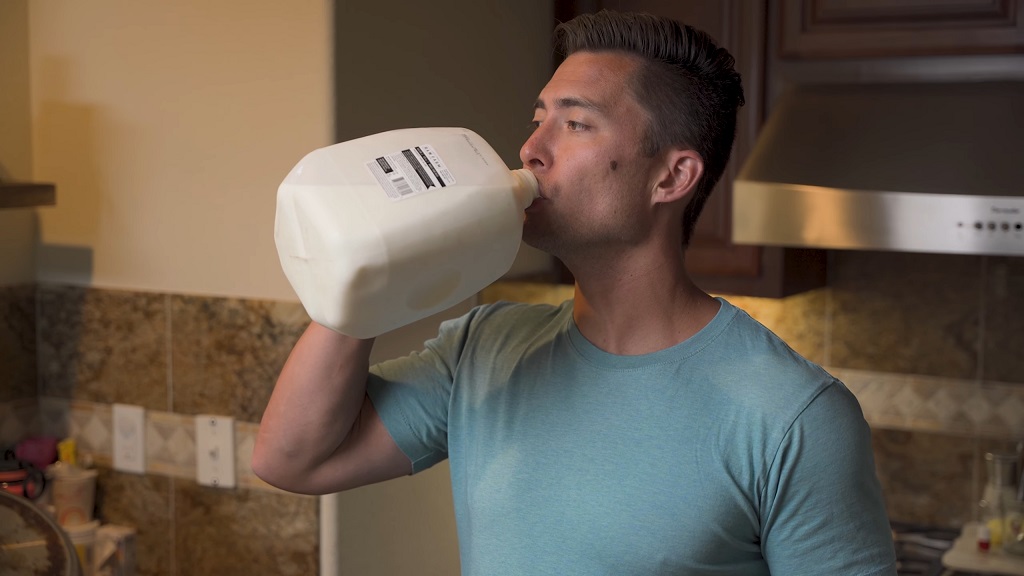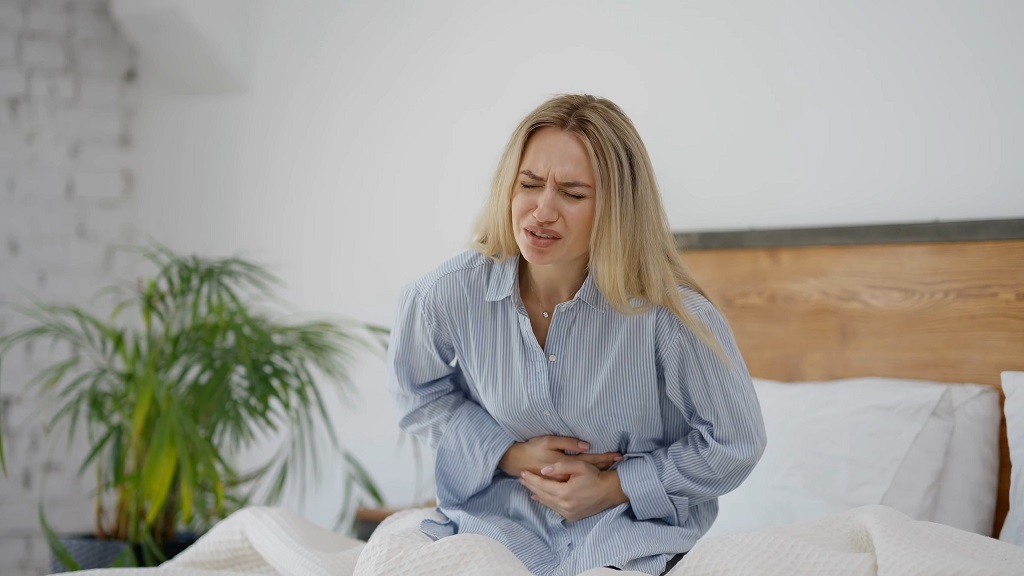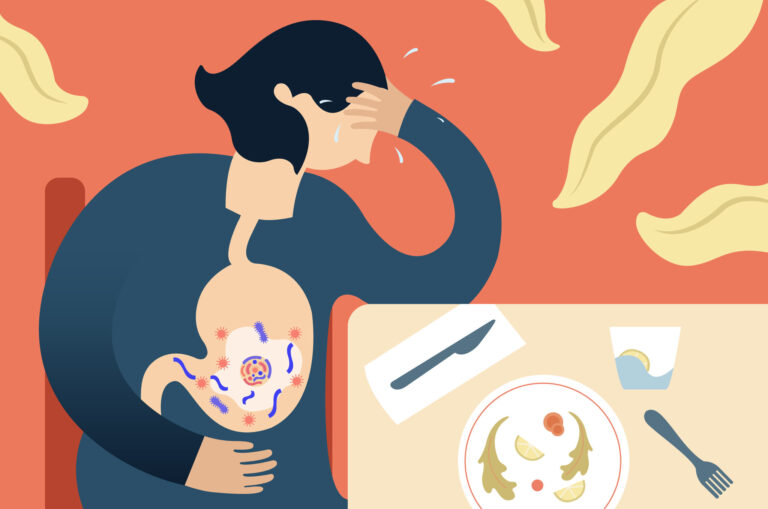How Long Will Food Last in the Fridge Without Power?
Food poisoning can ruin a good day faster than you expect. One moment, you are enjoying a meal; a few hours later, your stomach turns into a battleground. It starts with queasiness, maybe a cramp, then it hits like a freight train. That dreaded nausea, the vomiting, and everything else your body throws at you to fight back—it is a miserable ride.
Knowing how fast food poisoning sets in can help you prepare for what comes next. Whether it is bad potato salad or something left out too long, understanding what happens after that first bite can make all the difference. Let us unpack what you need to know to handle it when it strikes.
How Long Does Food Poisoning Take to Start?
Food poisoning does not always hit immediately. The time it takes depends on the type of bacteria or toxin in the food. Knowing when symptoms are likely to appear can help you recognize the problem early.
Common Timeframes for Symptoms
Most cases of food poisoning start within six hours after eating contaminated food. This is the standard timeframe for bacteria like Staphylococcus aureus, which grows in foods left out too long. In some situations, symptoms may take longer to appear. Other bacteria, such as Salmonella or E. coli, can take up to a day or more.
What Affects the Timing?
Several factors determine how quickly symptoms start. These include:
- The type of bacteria or toxin in the food.
- The amount of contaminated food consumed.
- The individual’s immune response to the bacteria or toxins.
Some people may feel sick sooner, while others might not notice symptoms until much later.
Foods That Often Cause Faster Reactions

- Potato salads or mayonnaise-based dishes left at room temperature.
- Meat or poultry not stored properly.
- Dairy products exposed to heat for extended periods.
Common Symptoms of Food Poisoning
Recognizing the symptoms of food poisoning is crucial. It usually begins with discomfort in the stomach and escalates quickly. Symptoms vary depending on the type of contamination but follow a common pattern.
Early Signs to Watch For

Symptoms often start with:
- Nausea: A general feeling of queasiness that may progress to vomiting.
- Abdominal cramps: Sharp or dull pains in the stomach area.
- Diarrhea: Watery or loose stools, often accompanied by urgency.
These symptoms typically appear within six to twelve hours for most cases.
Additional Symptoms in Severe Cases
In more severe instances, symptoms may include:
- Fever or chills, indicating a possible bacterial infection.
- Fatigue or weakness due to dehydration or loss of electrolytes.
- Headache or muscle pain, common with more aggressive toxins.
Which Foods Are Most Likely to Cause It?
Certain foods are more prone to contamination. This often happens when they are stored, prepared, or handled improperly.
High-Risk Foods

- Meats and poultry: Contamination occurs through improper cooking or handling.
- Dairy products: Milk, cheese, and yogurt can harbor bacteria if not refrigerated.
- Egg-based dishes: Foods like custards, mayonnaise, or salad dressings are especially risky.
- Seafood: Shellfish and raw fish can carry harmful bacteria or viruses.
Common Causes of Contamination
- Leaving items at room temperature for extended periods, especially in warm weather.
- Cross-contamination with raw ingredients during preparation.
- Consuming raw or undercooked meats, eggs, or fish.
How Serious Can It Get?
Food poisoning is often mild, but it can sometimes lead to serious health problems. While most cases resolve within a day, complications are possible for certain individuals.
Mild to Moderate Cases
In typical cases, symptoms include nausea, vomiting, and diarrhea. These are unpleasant but usually manageable at home. Most people recover within 12 to 24 hours, provided they stay hydrated and rest.
When It Becomes Severe?

Complications can arise in severe cases, including:
- Dehydration: Excessive vomiting or diarrhea can lead to dangerous fluid loss.
- Organ stress: Conditions like kidney or liver damage may occur if the body struggles to filter toxins.
- Neurological effects: Rare toxins, such as botulinum, can cause serious symptoms like paralysis.
Also Read – How Long Will Food Last in the Fridge Without Power?
When Should You See a Doctor?
Knowing when to seek medical help is critical. While most cases of food poisoning are mild, some symptoms signal the need for urgent care.
Signs That Warrant Medical Attention
You should see a doctor if you experience:
- Persistent vomiting: Inability to keep down fluids for more than 12 hours.
- Severe diarrhea: Bloody stools or diarrhea lasting more than three days.
- High fever: A temperature above 101.5°F may indicate a bacterial infection.
- Abdominal pain: Extreme cramping or a swollen abdomen could suggest a more serious condition.
Emergency Situations
Go to the emergency room if symptoms include:
- Difficulty breathing or swallowing.
- Weakness or dizziness from dehydration.
- Severe abdominal pain with bloating or tenderness.
Can Food Poisoning Be Something Else?

Symptoms of food poisoning often overlap with other medical issues. Not every case of nausea or cramping comes from something you ate.
Similar Conditions
Other conditions that mimic food poisoning include:
- Stomach viruses: Viral infections often cause symptoms like vomiting and diarrhea.
- Appendicitis: Sharp pain in the lower right abdomen may point to this condition.
- Gallbladder problems: Nausea and bloating can occur if gallstones are present.
How to Tell the Difference
Food poisoning is more likely if:
- Symptoms occur within a few hours of eating a specific meal.
- Others who ate the same food become sick.
- The symptoms resolve within 12 to 24 hours.
Tips for Dealing with Symptoms at Home
Managing food poisoning at home is possible if you know what to do. Your focus should be on staying hydrated, easing discomfort, and letting your body recover naturally.
Keep Your Fluids Up
Vomiting and diarrhea drain your body of water fast. Start with small sips of water or an electrolyte solution to avoid getting dehydrated. If plain water feels too much, try clear broths or herbal teas. Skip soda or coffee—they will only make things worse.
Give Your Stomach a Break
Eating right away is not a good idea. Let your stomach settle first. When you are ready, go for plain foods like rice or crackers. Avoid anything spicy, fatty, or heavy. Let your body tell you when it is time to go back to your normal meals.
Rest as Much as You Can
Food poisoning is exhausting. Give yourself time to rest. Do not push through your daily routine. Lie down, sleep, and let your body recover. The more you rest, the faster you will bounce back.
Recognize When Home Care Is Not Enough
If you are still feeling awful after a day or two, or if you cannot stop vomiting, it might be time to call a doctor. Watch for signs like severe cramps or dizziness. Do not ignore these—they might mean something more serious is going on.
FAQs
Is Food Poisoning Contagious?
Most types of food poisoning are not contagious. However, some cases, such as those caused by viruses like norovirus, can spread through contact with an infected person or contaminated surfaces.
Can Drinking Alcohol Kill Foodborne Bacteria?
Drinking alcohol does not kill bacteria in contaminated food. It offers no protection against food poisoning and may worsen dehydration if consumed during illness.
How Long Can Symptoms Last?
For mild cases, symptoms usually last 12 to 24 hours. In more severe cases, they can persist for several days. If symptoms extend beyond three days, seek medical attention.
Can You Get Food Poisoning from Leftovers?
Yes, leftovers can cause food poisoning if not stored properly. Always refrigerate leftovers within two hours and reheat them to a safe temperature before eating.
Are There Long-Term Effects of Food Poisoning?
In rare cases, food poisoning can lead to long-term health issues like kidney damage (from E. coli) or reactive arthritis (from Salmonella). Most people recover fully without complications.
Can You Build Immunity to Food Poisoning?
No, you cannot build immunity to food poisoning. Different bacteria, viruses, and toxins can cause it, so previous exposure does not protect you from future cases.
Is Vomiting Always a Sign of Food Poisoning?
Vomiting can result from various causes, not just food poisoning. Stress, motion sickness, and viral infections are other common reasons.
Should I Avoid Certain Foods After Recovering?
After recovering, avoid greasy, spicy, or heavy foods for a day or two. Stick to a gentle diet to give your stomach time to heal.
Conclusion
Food poisoning is an unpleasant experience that can strike quickly and disrupt your day. Knowing how it starts, recognizing symptoms, and understanding the risks tied to certain foods can help you respond effectively. For most people, the illness resolves within a day with proper care, such as staying hydrated and resting.
However, severe symptoms like persistent vomiting, dehydration, or intense abdominal pain require medical attention. Taking simple precautions, such as proper food storage, thorough cooking, and avoiding risky food handling practices, can significantly lower your chances of getting sick.

